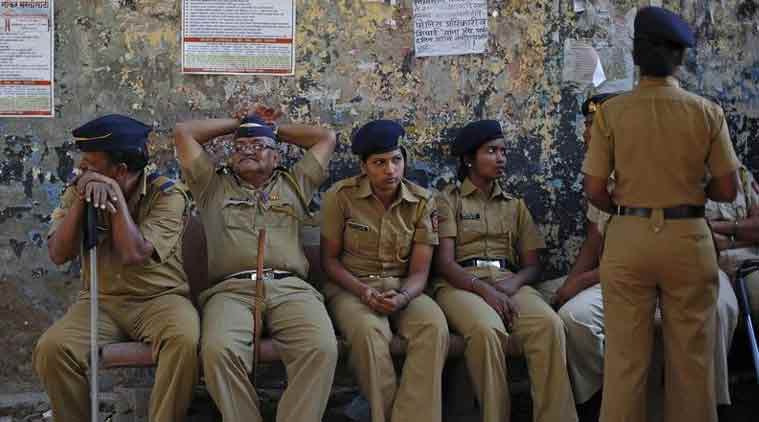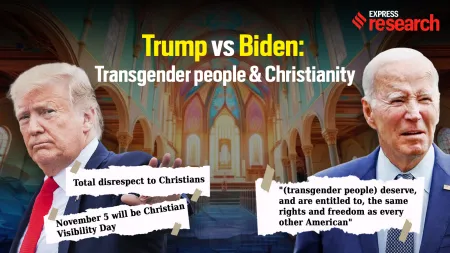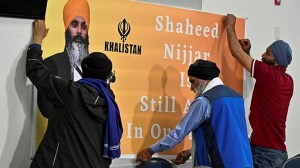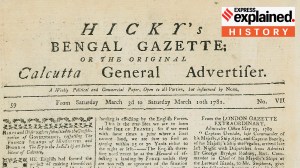- India
- International
Section 110 of 1951 Act, moral policing stick Mumbai cops frequently use
How is “indecency” defined, and what law governs behaviour in public?
 Section 110 of the Bombay Police Act, 19 51, is the Mumbai Police’s go-to law when it comes to charging those who “behave indecently in public”.
Section 110 of the Bombay Police Act, 19 51, is the Mumbai Police’s go-to law when it comes to charging those who “behave indecently in public”.
Earlier this month, police in Mumbai rounded up over 40 couples in raids on beaches and hotels at the popular retreats of Madh Island and Aksa. There was outrage, and the police were severely criticised for humiliating many couples, charging them with indecent behaviour, and fining them after an unverified tip-off about prostitution-like activities. How is “indecency” defined, and what law governs behaviour in public?
Under which law did the Mumbai Police act?
Section 110 of the Bombay Police Act, 19 51, is the Mumbai Police’s go-to law when it comes to charging those who “behave indecently in public”. Under this section, “No person shall willfully and indecently expose his person in any street or public place or within sight of and in such manner as to be seen from, any street or public place, whether from within any house or building or not, or use indecent language or behave indecently or riotously, or in a disorderly manner in a street or place of public resort or in any office, station or station house.”
The police have interpreted their mandate under this section liberally. Recently, a couple was booked under this law for “doing something wrong” outside a mall in Goregaon, in the city’s suburbs.
[related-post]
What does “indecency” in public mean?
The vagueness of the law gives those tasked with implementing it the freedom to interpret “indecency” according to their whims. “All such acts which have the term ‘indecency’ must define it in clear terms. What may not look good to you may look good to others. You cannot generalise, but define categorically,” says senior lawyer Shirish Gupte. “There can be many reasons why couples might want to go to some locations in Mumbai. That does not make them offenders or violators of Section 110.”
Why is it important to amend the law?
The basic problem with this law, as with many other laws in India, is that it was framed at a certain time, and was guided by notions of right and wrong prevalent at that time. Six decades ago, Mumbai, with its 2.33 million population, was a different city, which saw “indecency” differently. Legal experts have called the Mumbai Police Act, 1951 “age old” and “outdated”. Gupte says the government should completely rewrite the law with a safety clause to restrict the powers to the police based on specific information. “Once the Supreme Court has allowed live-in relationships, where is the question of any illegality in this?” he says.

Senior lawyer Gayatri Singh feels the whole section should go. “In movies, kissing was obscene, but now the concept has changed. It is very subjective and the state cannot define what is obscene and what is not. It is very archaic and the whole section should go and there is no question of amending it,” says Singh.
More Explained
EXPRESS OPINION
May 04: Latest News
- 01
- 02
- 03
- 04
- 05







































